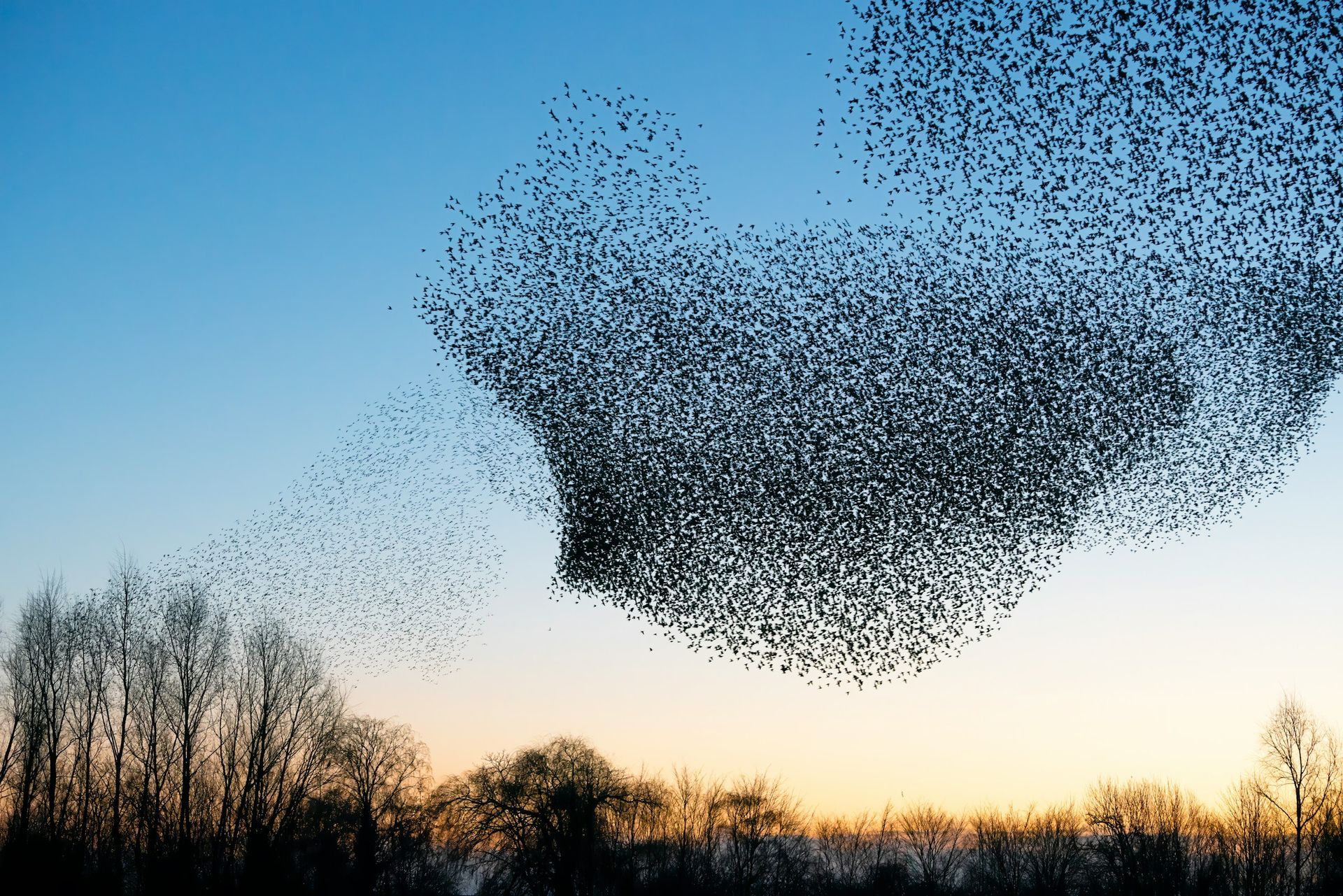Budget 2015: IDEA Response
Halt to Aid Cuts Welcome but Government Urged to Clarify Long-Term Aid Plan and Invest More in Public Awareness of Global Development
2015 a key year for Ireland’s involvement in global development.
Irish development education organisations have welcomed the Government announcement in Budget 2015 that cuts to Ireland’s aid programme have halted. IDEA, the Irish Development Education Association, a national platform for NGOs and educators committed to education for global justice, is also urging the Government to sustain Ireland’s solidarity with developing countries and to outline a clear timeline for reaching the promise agreed by Ireland in front of World Leaders in 2000: to donate 0.7% of our Gross National Income (GNI) to Overseas Development.
“Ireland’s overseas development programme tackles the root causes of poverty and inequality. We welcome the stabilisation in ODA but if we want to achieve social justice at home and abroad, the government must put Ireland back on track to meet our commitment to the world’s poorest people and meet our target of 0.7% of GNI,” stated IDEA Director, Frank Geary.
2015 is a key year for Global Development with important decisions being made on Climate Change and the formation of a new set of Sustainable Development Goals. These decisions will affect Irish people. IDEA urges the Government to do more to engage the Irish public in critical discussion of, and involvement in, these global decisions. Ireland has historically been seen as a leader on the global stage in the area of overseas development. Recent public opinion surveys show that three quarters of Irish people remain committed to overseas aid in spite of our current circumstances. There is a strong consensus that Ireland has an obligation to invest in overseas aid. [1]
15/10/2014 Dublin.
Notes
The statement in the Budget is as follows: “For 2015, some €476 million is being provided through the International Cooperation Vote of the Department of Foreign Affairs. Combined with our share of the EU Development Cooperation Vote, and contributions from other Government Departments, this will bring our overall Official Development Assistance to some €600 million.” Source: http://budget.gov.ie/Budgets/2015/EstimateStatement.aspx#section10.5
The United Nations will meet to agree on a set of Sustainable Development Goals to replace the Millennium Development Goals which were agreed in 2000 and are due to have been achieved by 2015. The Climate Change Summit to be held in September in Paris will seek to achieve binding emissions limits to halt the impacts of Climate Change.For more on the UN SD Goals see: http://sustainabledevelopment.un.org/?menu=1300
[1] July 2014 Ipsos MRBI Poll with 1,000 Irish people. 75% of respondents agree that people in Ireland have an obligation to invest in overseas aid, even in times of economic recession. http://bit.ly/MRBIResults









